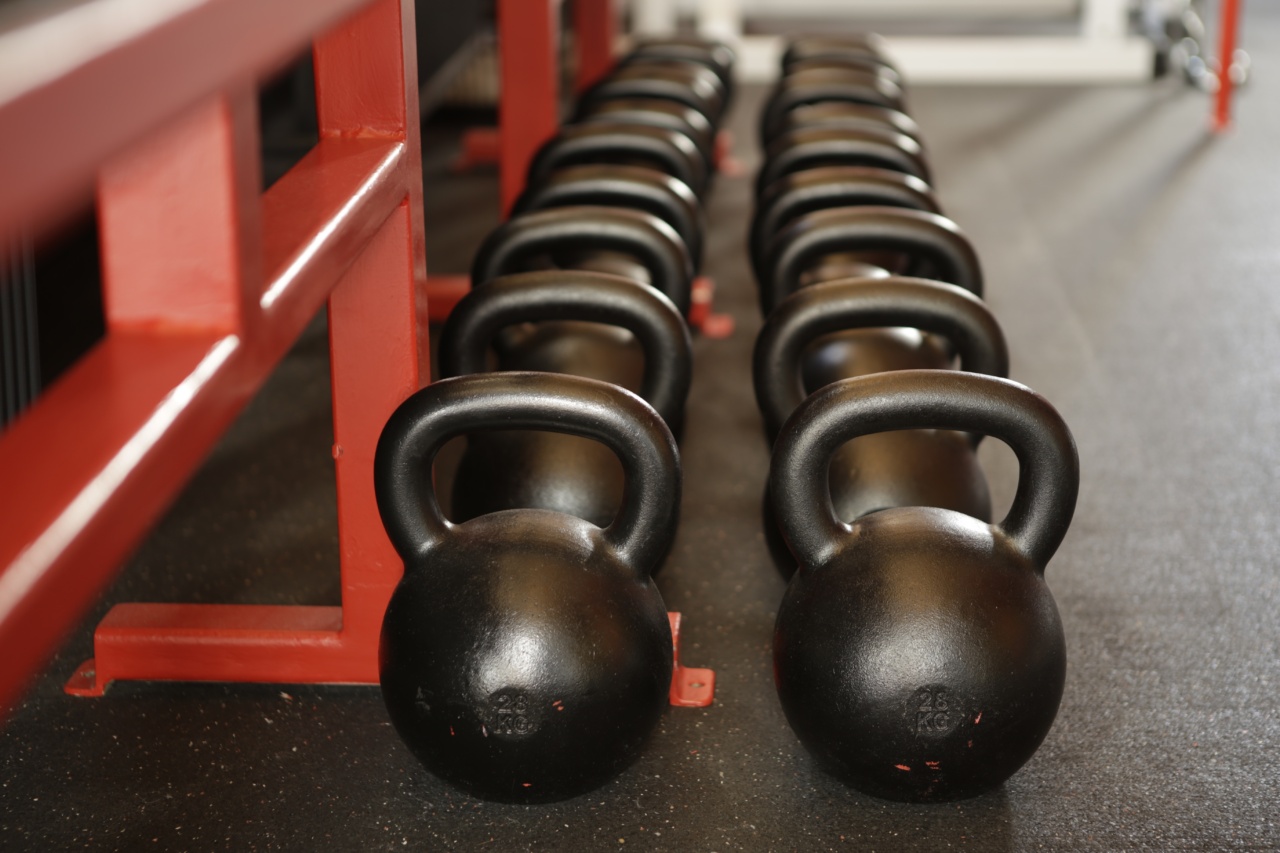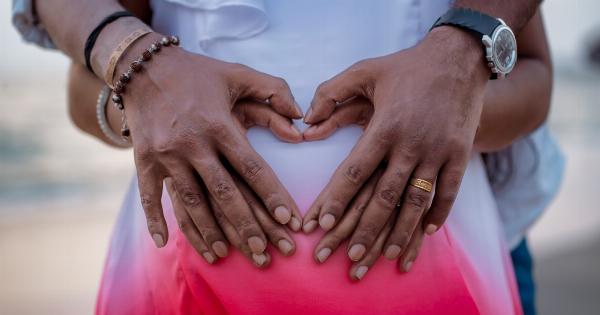Iron deficiency is a common condition that occurs when the body lacks adequate iron to function properly.
While the effects of iron deficiency are often associated with fatigue and weakness, many people are unaware of the impact it can have on hair health. In this article, we will explore the relationship between iron deficiency and hair health, understanding the causes, symptoms, and potential solutions for this issue.
What is Iron Deficiency?
Iron is an essential mineral that plays a crucial role in various bodily functions. It is necessary for the production of hemoglobin, a protein present in red blood cells that carries oxygen from the lungs to other tissues in the body.
When the body lacks sufficient iron, it cannot produce enough healthy red blood cells, leading to iron deficiency anemia.
The Link Between Iron Deficiency and Hair Loss
Iron deficiency is known to cause hair loss or thinning hair. This occurs because when the body is low on iron, it prioritizes its use for survival rather than for non-essential functions such as hair growth.
Consequently, the hair follicles receive less oxygen and nutrients, leading to weakened hair shafts and eventual hair loss.
The impact of iron deficiency on hair health can vary depending on the severity of the deficiency.
Mild iron deficiency may cause increased hair shedding and slow hair growth, while severe iron deficiency can lead to more noticeable hair loss and even bald patches.
Causes of Iron Deficiency
Several factors can contribute to iron deficiency, including:.
1. Inadequate iron intake: Not consuming enough iron-rich foods such as red meat, poultry, fish, beans, and green leafy vegetables can lead to iron deficiency.
Vegetarians and vegans are at a higher risk of iron deficiency as plant-based sources of iron are not as easily absorbed by the body.
2. Poor iron absorption: Certain conditions or medications can interfere with the body’s ability to absorb iron properly. This includes conditions like celiac disease, Crohn’s disease, and gastric bypass surgery.
3. Blood loss: Women with heavy menstrual periods, pregnant women, and individuals with gastrointestinal bleeding may experience iron deficiency due to the loss of blood containing iron.
Symptoms of Iron Deficiency
The symptoms of iron deficiency can vary and may include:.
1. Fatigue and weakness.
2. Pale skin.
3. Shortness of breath.
4. Headaches and dizziness.
5. Cold hands and feet.
6. Brittle or spoon-shaped nails.
7. Swelling or soreness of the tongue.
8. Restless legs syndrome.
Diagnosing Iron Deficiency
If you suspect you may have iron deficiency, it is essential to consult a healthcare professional who can conduct the necessary tests to determine your iron levels. These tests may include:.
1. Complete blood count (CBC): This test measures the number of red blood cells, hemoglobin, hematocrit, and other related parameters to assess your overall iron status.
2. Serum ferritin test: Ferritin is a protein that stores iron in the body. A low serum ferritin level indicates depleted iron stores.
3. Iron and TIBC (Total Iron-Binding Capacity) tests: These tests measure the level of iron in your blood and the body’s capacity to bind and transport iron.
Treating Iron Deficiency and Improving Hair Health
The treatment for iron deficiency primarily focuses on increasing iron levels in the body. This can be achieved through dietary changes and iron supplementation. Here are some strategies to enhance iron absorption and improve hair health:.
1. Iron-rich diet: Consuming foods rich in iron is essential to replenish iron stores. Include red meat, poultry, fish, legumes, nuts, seeds, and leafy green vegetables in your diet.
Combining iron-rich foods with vitamin C-rich foods can enhance iron absorption.
2. Iron supplementation: If your iron levels are significantly low, your healthcare provider may recommend iron supplements.
It is important to follow their advice and dosage recommendations to avoid excessive consumption, as too much iron can also be harmful.
3. Treat underlying causes: If iron deficiency is a result of an underlying condition such as celiac disease or gastrointestinal bleeding, treating the underlying cause can help improve iron absorption and restore hair health.
4. Avoid caffeine and calcium: Caffeine and calcium can hinder iron absorption. It is advisable to avoid consuming them during meals or close to the timing of iron-rich meals.
5. Consultation with a healthcare professional: If you suspect iron deficiency is impacting your hair health, seek guidance from a healthcare professional who can provide personalized advice and monitor your progress.
Preventing Iron Deficiency and Promoting Hair Health
Prevention is key when it comes to maintaining optimal iron levels and hair health. Here are some measures you can take:.
1. Balanced diet: Incorporate a well-balanced diet rich in iron and other essential nutrients to support overall health, including hair health.
2. Regular blood tests: Schedule regular check-ups and blood tests to monitor your iron levels and detect any deficiencies early on.
3. Iron-rich cooking methods: Opt for cooking methods that help retain iron in food, such as steaming and stir-frying, rather than boiling in large amounts of water.
4. Limited use of hair treatments: Excessive use of heat styling tools, chemical treatments, and tight hairstyles can weaken hair shafts and aggravate hair loss.
5. Avoid crash diets: Rapid weight loss through crash diets can lead to nutrient deficiencies, including iron deficiency. Aim for gradual and sustainable weight loss.
Conclusion
Iron deficiency is a common condition that can have a significant impact on hair health.
Recognizing the signs and symptoms of iron deficiency, seeking medical advice, and taking appropriate steps to improve iron levels can help restore hair health and prevent further hair loss. Remember, a balanced diet and a healthy lifestyle are crucial for maintaining not only iron levels but overall well-being.




























